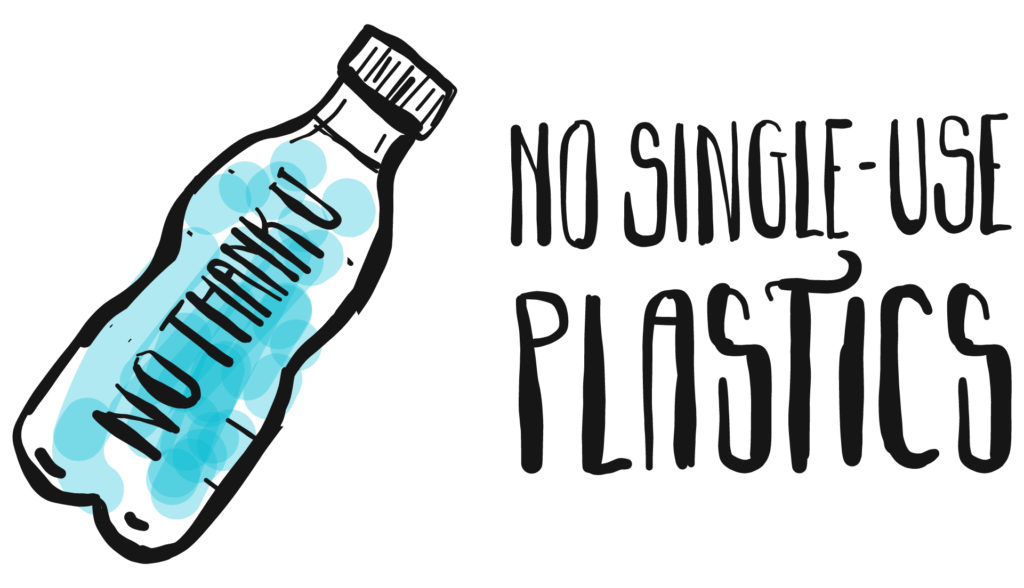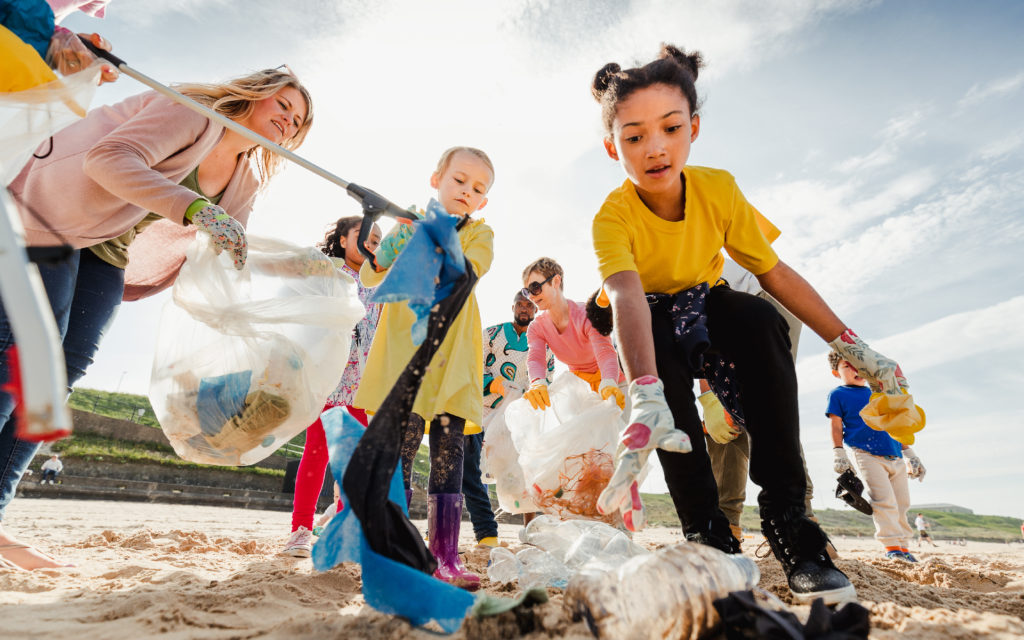Plastic Free July – will you join us for the challenge?
JULY 3, 2019
We all have busy lives and it’s easy to think that on our own we can’t make a difference to a huge issue like reducing plastic waste. Well, think again! Plastic Free July is your opportunity to take the challenge, change your habits and get friends and family involved too.
Not sure how to get started? Visit Plastic Free July. It’s one of the most influential environmental campaigns in the world, started two years ago by Rebecca Prince-Ruiz as part of the Plastic Free Foundation which she founded in Australia in 2011. In its short, 2-year life, the Plastic Free July campaign has achieved great things, winning awards and more importantly changing behaviours. On average, Plastic Free July participants have reduced household waste by 76kg per household per year and cut use of recyclables (disposable packaging) by 28kg per household per year.
Having heard about this fantastic initiative, Team Mzuri have joined the challenge this year, aiming to make permanent changes to our use of plastic at work and at home.
Inspired not only by the Plastic Free July campaign, but also by friend and client Catherine Conway at UNPACKAGED, we are redoubling our efforts as part of the July campaign and beyond. Catherine has recently consulted with Waitrose on their UNPACKED trial at their Oxford Branch and appeared with Hugh Fearnley-Whittingstall on War on Plastic. Through their influence, we have already started to change our approach to our impact on the world, but we can do more!
Alex – I’ve recently changed to having my milk delivered in glass bottles, which was an easy first step in reducing our household plastic usage. In July, I’m going to be focusing on buying my fruit & veg plastic-free, making sure I always take by Chillys bottle with me for plastic-free water refills and taking my own reusable shopping bags wherever I go.
Tatum – I pledge to take my refillable water bottle out with me at all times to avoid buying bottled water. With it being BBQ season, I will also make a conscious effort to use the butcher’s counter to avoid the plastic trays the pre-packaged items come in and buy the loose bread rolls rather than packaged. #igotthis
Katherine– Glass bottles for milk, always carrying reusable coffee cups and water bottles, taking reusable fruit and veg bags to the shops along with our reusable shopping bags, and cooking more from scratch so reducing our consumption of food packaging, are all ways in which we are helping at home. We have a long way to go but are definitely noticing less plastic heading for our recycling bin.
Phil – We have been collecting unrecyclable plastics to turn into ecobricks at home with the children and will be building something for the garden with them once we have enough. In the process, we have become much more mindful of reducing plastic.
Lisa – I’m heading off to France next week with my family in our campervan; we’ll be doing our best to be plastic free throughout our 2 month trip! Picking fruit or visiting greengrocers to avoid plastic punnets, using our own water bottles, making the switch to bar soap and remembering our shopping bags when stocking up on bread and cheese!
Sam – I would love the supermarkets to take more immediate action. Especially with items like milk where we could all collect using refillable bottles. In the office we have switched to having milk delivered in glass bottles. I am going to try and reduce the of cling film for my daughter’s packed lunch and buy reusable sandwich/food bags. I continue to recycle my plastic and buy loose vegetables and fruit where possible.

At Mzuri we have moved to milk in glass bottles, we recycle as much as possible and only print what is absolutely necessary. We also advise clients on more sustainable print methods where possible, including use of vegetable inks, recycled and recyclable paper.
There are some brilliantly initiatives happening in Surrey, Hampshire and across the UK which are helping to get people engaged and make changes to their habits. Here are some of our favourites:
Love Haslemere. Hate Waste is a new campaign to engage the local community and actively reduce waste. Follow them on Facebook to find out more and learn lots of tips and tricks to reduce your waste.
Award winning Health & wellbeing store Apothecary 27, are committed to reducing their plastic packaging. All of their staples such asnuts, seeds, dried fruit and cereals are sold in 100% plant based, compostable packaging – and they offer a refill service on cleaning, beauty and body care products too. With prices starting from £1 per 100ml for a shampoo or conditioner, you can be kind to the planet and your bank balance!
Final Straw Winchester are on a mission to reduce use of plastic straws and plastic waste in her home town. In her first year of campaigning, founder Michele signed up 27 local businesses and gained the support of her local MP Steve Brine. Having worked with the Final Straw Winchester team, we were thrilled to see the continued success of their hard work.
Refill is an app which helps you save money, stay hydrated – and save the planet. Impressive! Simply download the app onto your phone and when you’re out and about with your refillable bottle, find your nearest refill station. With over 7 billion plastic water bottles used each year in the UK, refilling your water can have a huge impact.
Okomoko in Farnham is a vegan café and zero waster store, serving 100% plant-based deliciousness, 7 days a week. Owner Sam Currie tried Veganuary last year and has never looked back – having found it difficult to eat out as a vegan, she decided to open her own café!
Keep, or the full name Keep Old Containers is also located in Farnham – above Okomono – and is a zero-waste shop. Simply bring in your empty containers and refill them with eco-friendly personal care and household products. Plus, a great selection of food from cornflakes to organic peanut butter, dark chocolate buttons to soya mince.CanO Water was created as a recyclable alternative to plastic bottles. Not only is the average aluminium can made from 68% total recycled content, it keeps your drink cooler than plastic and once recycled can be back on the shelf as a new can in as little as 6 weeks! They also offer a resealable can, so no need to waste your drink if you’re not enjoying it all in one go.

Can we help you with a project?

 © 2025 Mzuri Design Limited. Registered in England and Wales. Company No. 08451702 |
© 2025 Mzuri Design Limited. Registered in England and Wales. Company No. 08451702 |